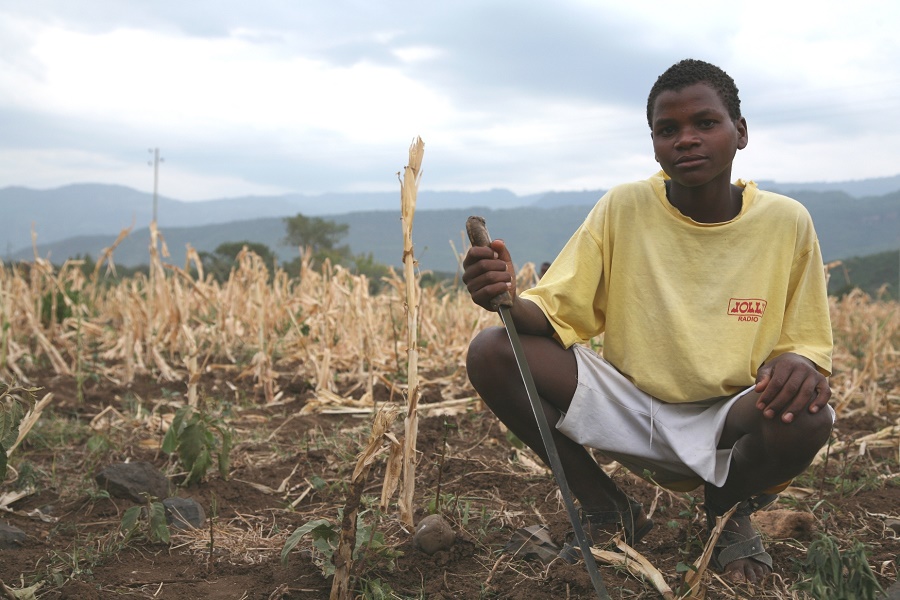Southern Africa is in grip of urgent food crisis: FANRPAN
According to the FANRPAN, a record-breaking dry spell lasting over 30 days is scorching countries – Angola, Botswana, Madagascar, Malawi, Mozambique, Namibia, Zambia, and Zimbabwe.

- Country:
- South Africa
Southern Africa is in the grip of an urgent crisis, according to the Food, Agriculture and Natural Resources Policy Analysis Network (FANRPAN).
According to the FANRPAN, a record-breaking dry spell lasting over 30 days is scorching countries – Angola, Botswana, Madagascar, Malawi, Mozambique, Namibia, Zambia, and Zimbabwe.
“El Niño and climate change are fuelling this disaster, inflicting severe damage on crops and livestock over the past five years,” the institution said.
The FANRPAN is a pan-African network that provides independent evidence to inform policy processes at national and regional levels.
Its mandate is to co-ordinate policy research and dialogue and recommend strategies for promoting food, agriculture and natural resources sectors in Africa.
“The situation is dire and demands immediate attention. Widespread crop failure looms in Malawi, Zambia, and Zimbabwe. Livestock are dying at alarming rates due to a lack of water and vegetation.
“The movement of desperate people and animals is spreading diseases, including those transmissible to humans.”
Meanwhile, over 9 000 cattle deaths have been reported since October 2023.
“This is a humanitarian crisis demanding immediate action. Without urgent intervention, the suffering of affected communities will only worsen.”
The FANRPAN and its partners will have a media briefing on Tuesday, 22 April 2024, at the Agricultural Research Council in Hatfield, Pretoria, to address the matter.
The media briefing will shed light on the scale of the drought in Southern Africa and the steps governments, donors, and international actors must immediately take to save lives and avoid further catastrophes.
(With Inputs from South African Government Press Release)










